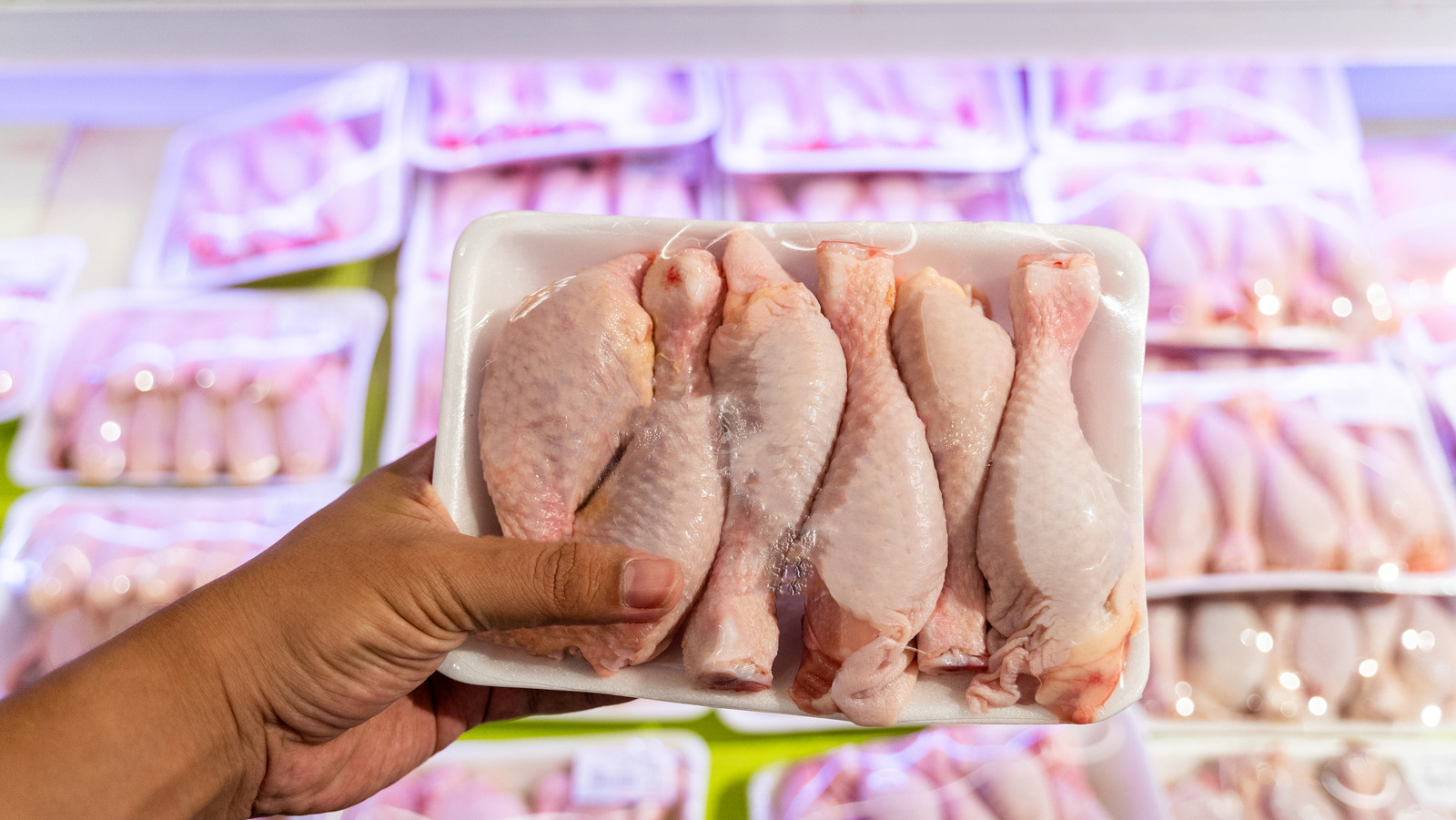Lisa Yakas | Source | Senior Account Manager, Product Certification at NSF

Lisa Yakas
Lisa Yakas is a trained microbiologist with over 20 years of food science experience. Her work at NSF includes both consumer home products and commercial food equipment.
Yakas is a spokesperson for food safety who regularly contributes to articles and programs that help to educate the public on everything from interpreting expiration dates on food labels to minimizing the risks of foodborne illnesses before, during and after cooking. She also provides counsel on how to properly care for, clean and maintain food equipment and products.
Since joining NSF in 2005, Yakas has used her background as food scientist and microbiologist to develop strategic testing and certification protocols to help ensure consumers are informed and aware of potential product mislabeling. Her team of food safety experts helps to evaluate products to determine how their use may impact food safety and performance.
Yakas holds a Bachelor of Science and a Master of Science, both in food science, from Purdue University.
-

NSF (http://www.nsf.org)
Senior Account Manager, Product Certification
started Jan 2005
-
How to Safely Cook Chicken From Frozen, According to an Expert
You can safely cook chicken from frozen, but there are a few key things to consider. I consulted an expert.
Article -
Cleaners say knife blocks are the dirtiest thing in your kitchen and you should get rid of yours right now – plus what to use instead
Knife blocks are a serious health hazard, cleaners warn. Here’s what to replace it with
Article -
11 Mistakes Health Experts Say You Should Avoid When Storing Raw Chicken - Mashed
You may be aware of the dangers of raw chicken, but you'll want to ensure you are handling it properly to avoid exposing yourself to foodborne illnesses.
Article
-
Safely Cooking Frozen Chicken: Expert Tips from NSF's Lisa Yakas
Lisa advises cooking chicken in an even layer for uniform heat, using a certified thermometer to ensure a 165°F internal temperature. "Frequent handwashing and cleaning" are crucial to prevent foodborne illness. She recommends chicken labeled “Raised Without Antibiotics” for quality assurance. If chicken smells unpleasant, discard it. Cooking from frozen takes 50% longer, so plan accordingly. -
NSF Expert Reveals Knife Block Hygiene Risks and Solutions
Lisa states, "Knife blocks can harbor germs, ranking seventh in our 'Germiest Places in the Home' study." She recommends using knife rolls or magnetic holders for better hygiene. To clean a knife block, wash knives before storing, shake out debris, clean with hot soapy water, and dry thoroughly to prevent mold and bacteria growth. -
NSF Expert Reveals Pizza Storage Safety Tips
Lisa advises that pizza should be refrigerated within two hours, or one hour if above 90º F, to prevent bacteria like E.coli and Salmonella. Store pizza in food-safe containers, not foil or boxes. Reheat to 165º F using an NSF certified thermometer. Consume or discard within three to four days.
-
"Certain parts of coffee makers can encourage mold and yeast to grow and spread to other parts of the machine." - Food & Wine, Dec. 2022
-
"It's important to use fresh raw chicken within one to two days of storing it in the refrigerator—at 40°F or below. Any longer, and you could risk the chicken spoiling or becoming unsafe to eat. Fresh poultry can be kept in a freezer at ideal quality for up to nine months." - Southern Living, Apr. 2023
-
"Ice cube trays may be more likely to pose food safety risks as many people don't clean them as often as other kitchen items." - Hunker, Jul. 2022
:max_bytes(150000):strip_icc()/simply-recipes-chicken-from-frozen-lead-01-2d490c345a7d42929e1bfcc13a7516e8.jpg)

